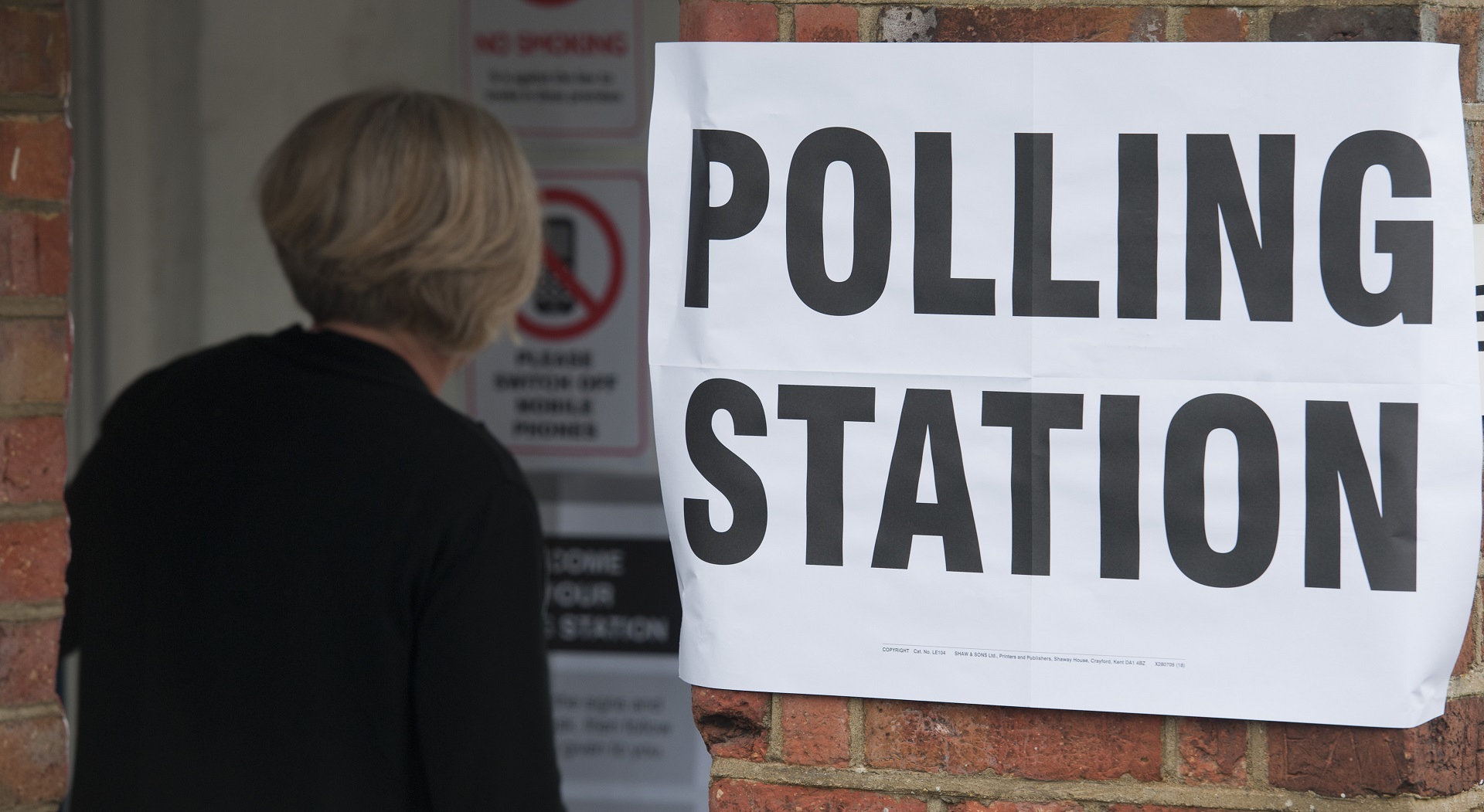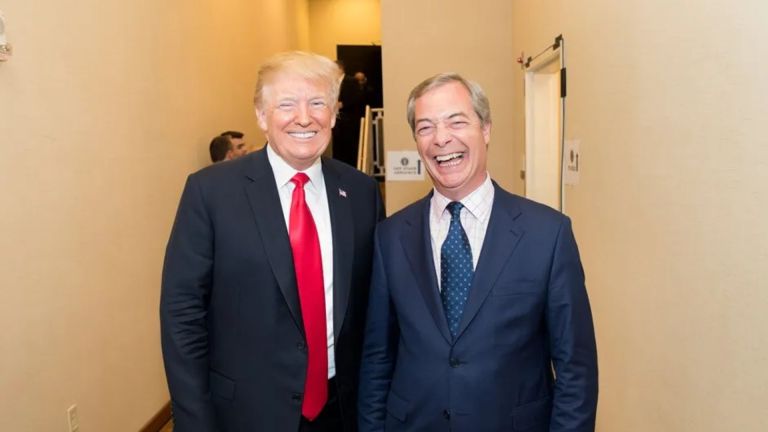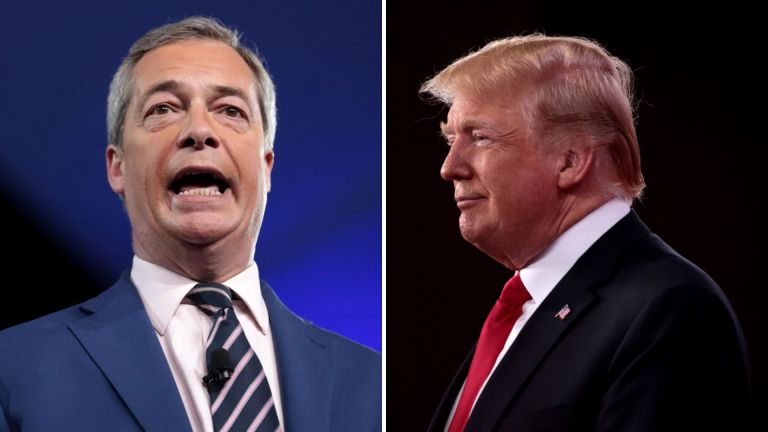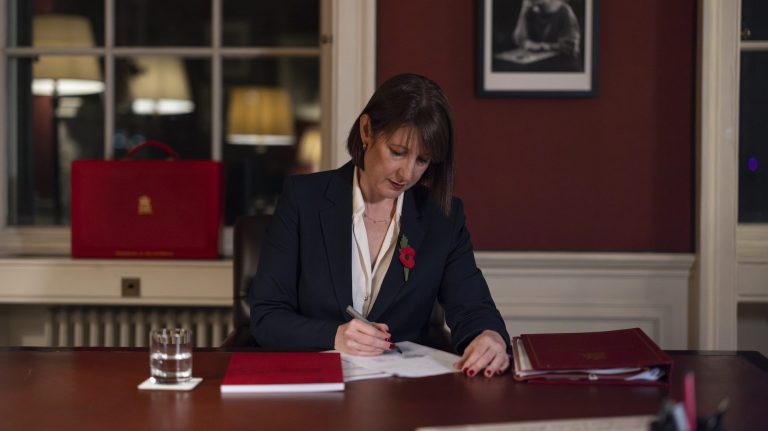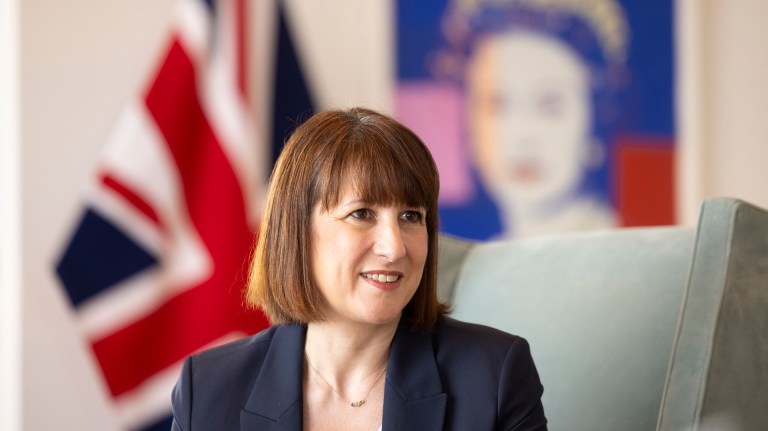But voter fraud remains a marginal issue in the UK, according to Electoral Commission figures. And introducing photo ID could have a big impact on minority groups’ access to democracy.
Inevidence to the Joint Committee on Human Rights Inquiry 2020, race equality think tank the Runnymede Trust called for automatic voter registration to overcome barriers to entry for BAME citizens.
The new plans are likely to increase those barriers – government figures show 74 per cent of people hold a full driving licence. White people are more likely than other ethnicities to hold a driving license.
By contrast, 40 per cent of Asian people, nearly a third of people of mixed ethnicity and more than half of Black people do not have a full driving licence.
Dr Halima Begum, chief executive of the Runnymede Trust, told The Big Issue tackling election fraud is “admirable” but support is needed to ensure ethnic minority groups do not miss out on their right to vote.
Begum said: “It is important to ensure that mechanisms are put in place to protect those most at risk of losing their right to vote, such as a drive to register eligible voters and ensure no delays in the provision of free photo ID documentation to those who currently do not have any.”
The new rules also threaten to affect homeless people who struggle to keep hold of important documents like ID while living on the street.
The cost of acquiring a photo ID can also be prohibitive. A written application for a standard passport costs £85 and a postal application for a provisional driving licence amounts to £43. Free alternatives such as the Citizen Card are not widely used.
“Making photo ID a requirement for voting risks excluding people who are homeless and compromising a basic human right,” said Jon Sparkes, chief executive of Crisis.
“When you are living out of a rucksack, whether on the streets, in hostels or shifting between friends’ sofas, important documents like ID can frequently get lost or stolen. With replacement costly, it can cause people a lot of difficulty claiming benefits, accessing healthcare and opening bank accounts.”
A Cabinet Office spokesman said the government is working with charities and civil society groups to ensure the new rules do not exclude marginalised groups and free electoral ID will be available.
The spokesperson added: “There is a wealth of evidence to show that voter ID does not impact voter turnout – it’s been operating in Northern Ireland, with ease, for decades and the overwhelming majority of people cast their vote successfully in our pilots. We will make sure this policy works for everyone.”
But the Electoral Reform Society have launched a petition against the plans, warning that lessons from abroad tell a different story.
ERS chief executive Darren Hughes said: “Experience from the US shows that when there’s no universal ID scheme, these laws unfairly – and often deliberately – lock millions out of the ballot box, skewing the system and deepening political inequalities. We must not import US-style voter suppression to the UK.”
